The ultramicroscopic nature of nanoparticles allows them to penetrate through skin layers into underlying blood vessels and then travel through the bloodstream. According to evidence, nanoparticles may induce toxic effects in the brain and damage nerves.
Yes, several factors can affect the likelihood of nerve damage occurring during the tattooing process. Nerve damage is not necessarily expected, but knowing the factors that can increase the chance is essential.
This blog post explores the topic of whether tattoos can cause nerve damage. We will discuss the types of nerve damage that can occur during a tattoo session, the factors that affect nerve damage in tattoos, and the implications for your health and safety.
Can Tattoos Cause Nerve Damage: 3 Types
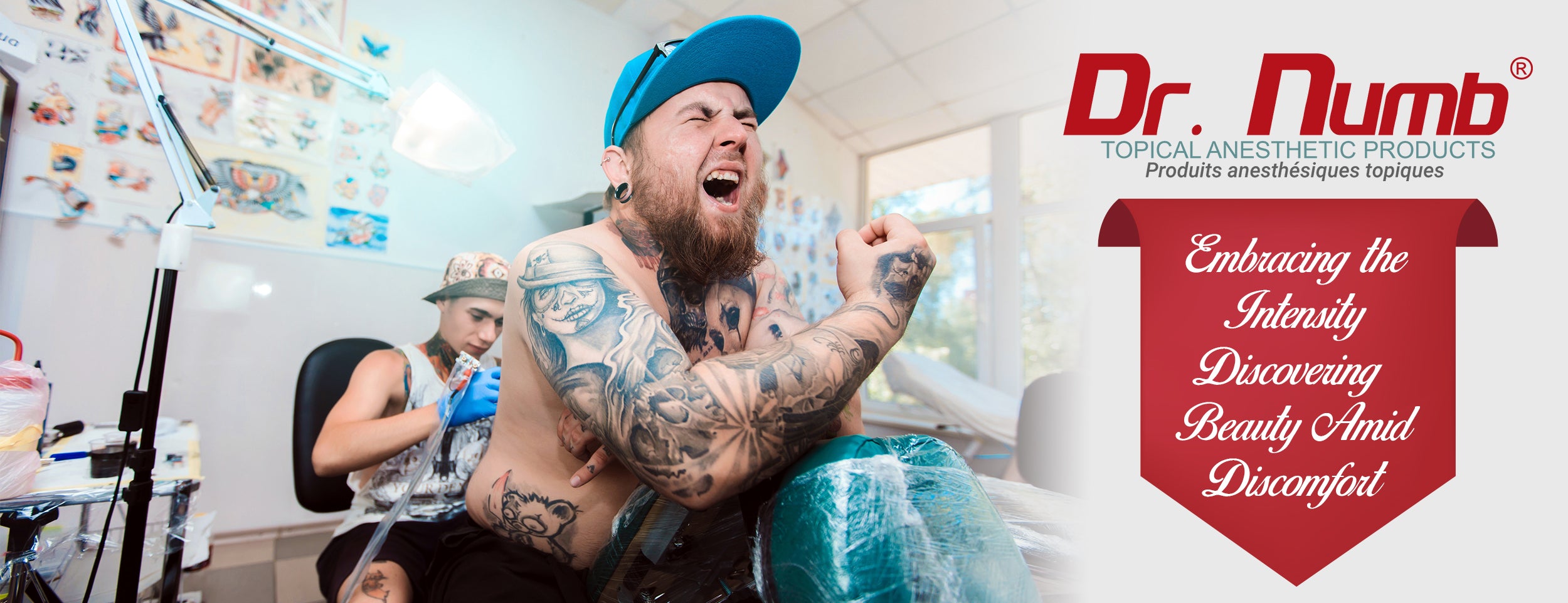
In terms of potential nerve damage caused by tattoos, it's essential to understand that different types of nerves in our bodies can be affected. Nerve damage can be categorized into three main types:
Sensory Nerve Damage
Sensory nerves transmit signals related to your senses, such as touch, temperature, and pain. When sensory nerves are damaged due to tattoos, it can lead to various issues, including:
- Numbness: Tattoos that penetrate too deeply may damage sensory nerves, causing the skin to become numb in the tattooed area.
- Hypersensitivity: Damage to sensory nerves can cause an oversensitivity to touch and other sensations in the tattooed area.
- Pain: On the flip side, nerve damage can also result in chronic pain or discomfort in the tattooed region.
Motor Nerve Damage
Motor nerves control muscle movements in the body. Tattoo-related motor nerve damage can significantly impact how your muscles function. Potential consequences include:
- Muscle Weakness: Damage to motor nerves can lead to muscle weakness, making it challenging to move or control certain body parts.
- Muscle Spasms: In some instances, motor nerve damage may result in involuntary muscle contractions or spasms.
- Loss of Coordination: Affected muscles may lose coordination, affecting your ability to perform precise movements.
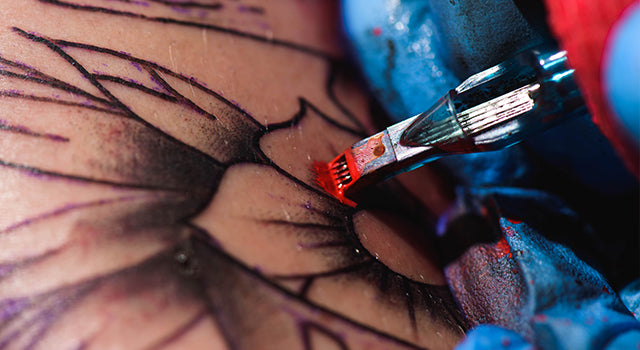
Autonomic Nerve Damage
The autonomic nervous system controls heart rate, digestion, and perspiration. Tattoo-related autonomic nerve damage can disrupt these essential functions, causing problems such as:
- Changes in Heart Rate: Autonomic nerve damage can lead to irregular heartbeats or changes in heart rate.
- Digestive Issues: Some people may experience digestive problems due to autonomic nerve damage, including constipation or diarrhea.
- Sweating Abnormalities: Sweating patterns can also be affected, leading to excessive or reduced perspiration.
Nerve Damage from Tattoos: 10 Factors Influencing
When it comes to the possibility of nerve damage caused by tattoos, various factors can play a crucial role. In this section, we'll explore the key factors that influence the risk of nerve damage:
Type of Ink Used
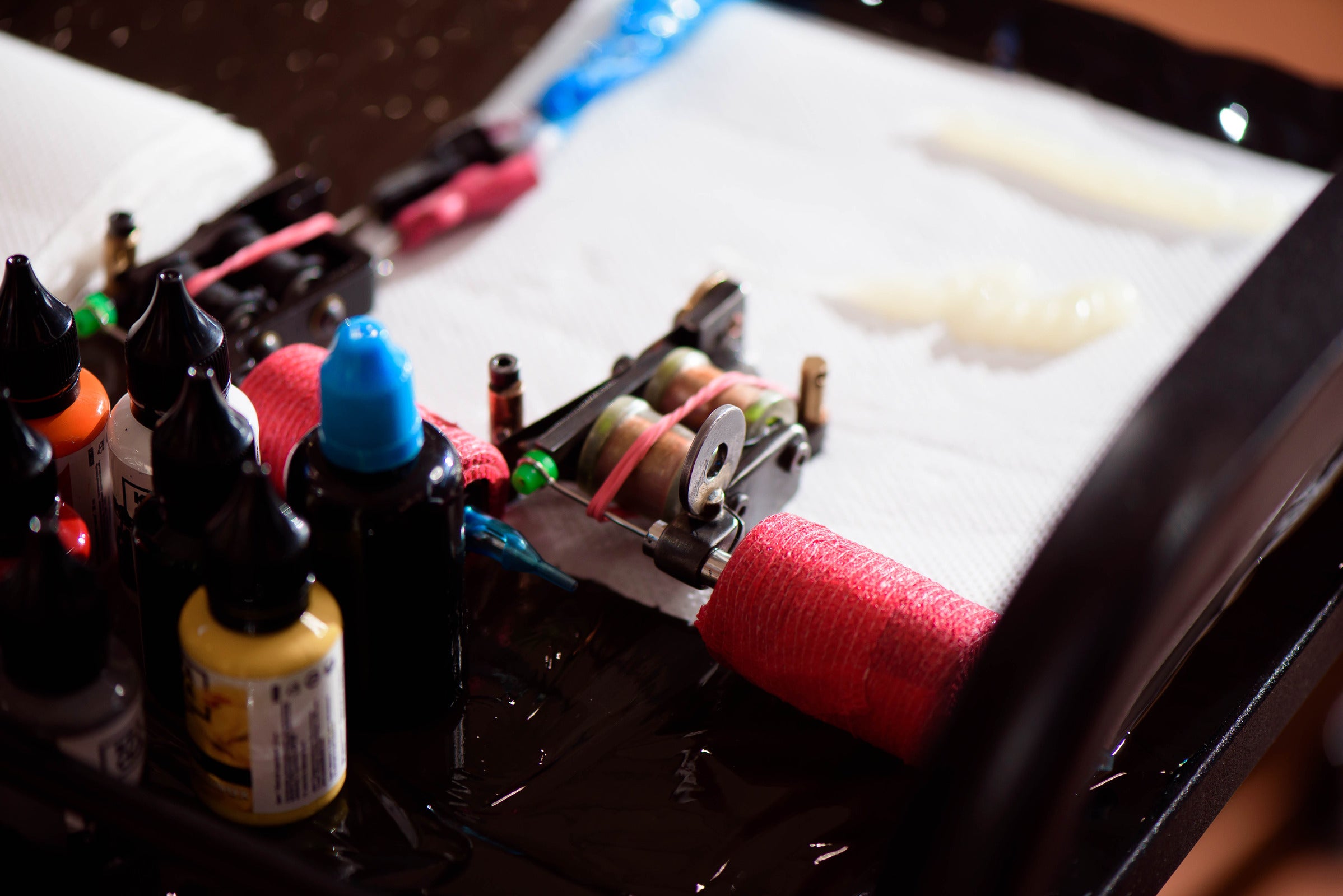
The ink used for your tattoo can significantly impact the chances of nerve damage. Different types of ink have other properties, some of which may cause nerve-related issues. Consider the following:
- Quality of Ink: High-quality, reputable tattoo ink is less likely to cause complications than low-quality or homemade alternatives.
- Allergies: Some people may be allergic to certain ink ingredients, which could lead to nerve-related discomfort or damage.
Skill Level of the Tattoo Artist
The expertise of the tattoo artist performing the tattoo is a critical factor to consider. A skilled artist will better understand how to avoid nerve damage during the process. Here are some essential points to remember:
- Experience: Experienced tattoo artists are likelier to have the skills to prevent nerve damage.
- Proper Technique: A skilled artist will apply the right techniques and tools to minimize nerve issues.

Tattoo Location on the Body
Tattoo placement plays a crucial role in determining the likelihood of nerve damage. Some areas of the body are more prone to nerve complications than others. Take note of the following:
- Sensitive Areas: Tattoos on exposed body parts, such as the hands, feet, or face, may have a higher risk of nerve damage.
- Proximity to Nerves: Tattoos close to significant nerves or nerve clusters can increase the chances of complications.
Frequency and Duration of the Tattoo Session
The length and number of sessions needed to complete a tattoo can also affect the potential for nerve damage. Keep these points in mind:
- Prolonged Sessions: Lengthy tattoo sessions may increase the strain on your body, potentially leading to nerve-related discomfort.
- Multiple Sessions: Tattoos that require several sessions over a short period may also pose a higher risk.
Pre-existing Medical Conditions
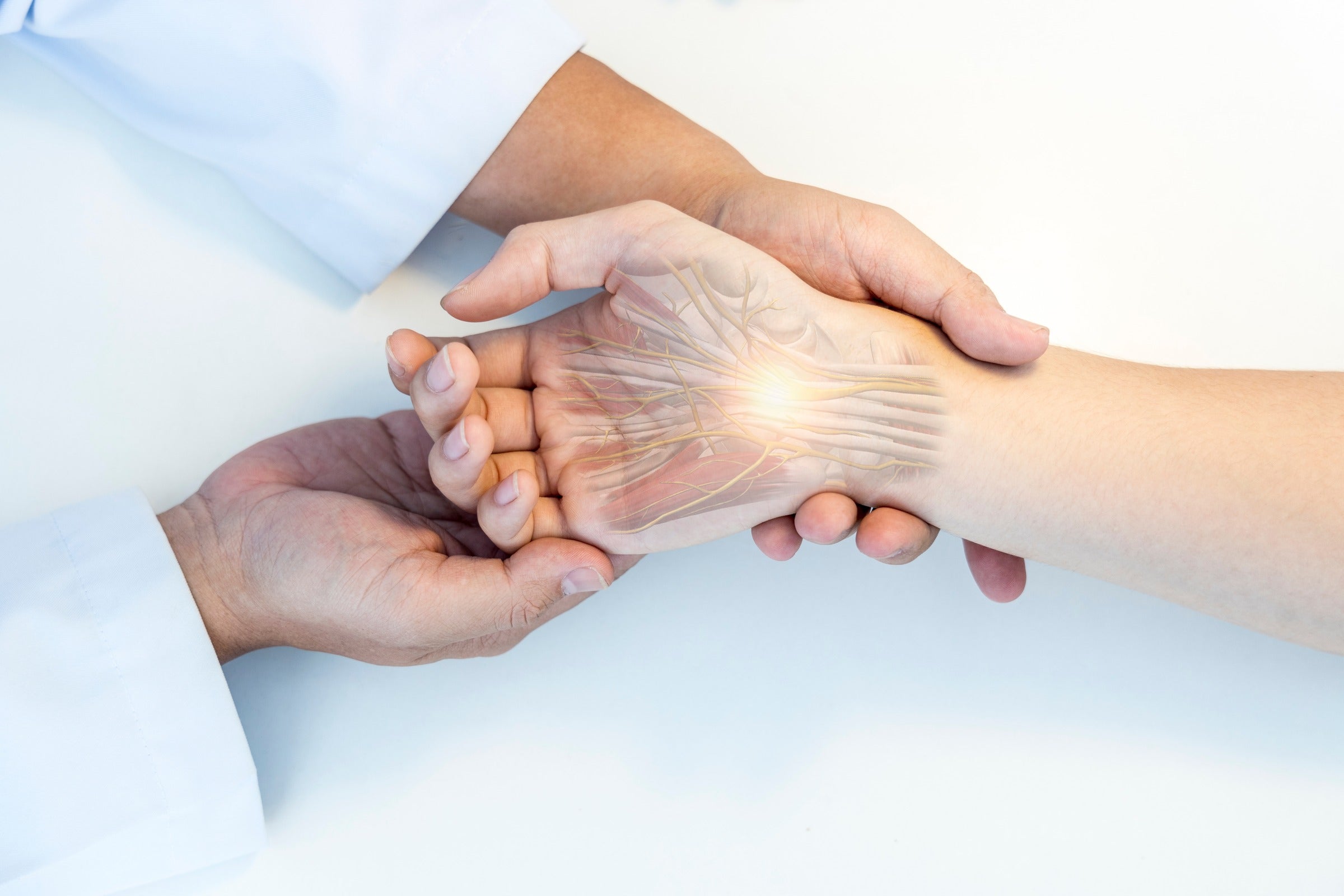
Your health conditions can influence how your body reacts to the tattooing process. Individuals with specific medical issues may be more susceptible to nerve problems. Consider the following:
- Nerve Disorders: If you have pre-existing nerve conditions, getting a tattoo might exacerbate these issues.
- Medications: Some medications may interact with tattooing, affecting nerves differently.
Conclusion
While tattoos have become a popular form of self-expression, it is essential to consider their potential risks, including nerve damage. Prioritizing your health and safety when getting a tattoo and taking the necessary precautions is crucial.
Although, with proper care and knowledge, getting a tattoo can still be a safe and fulfilling experience. In conclusion, educating oneself about the potential risks can help ensure a positive tattooing experience.

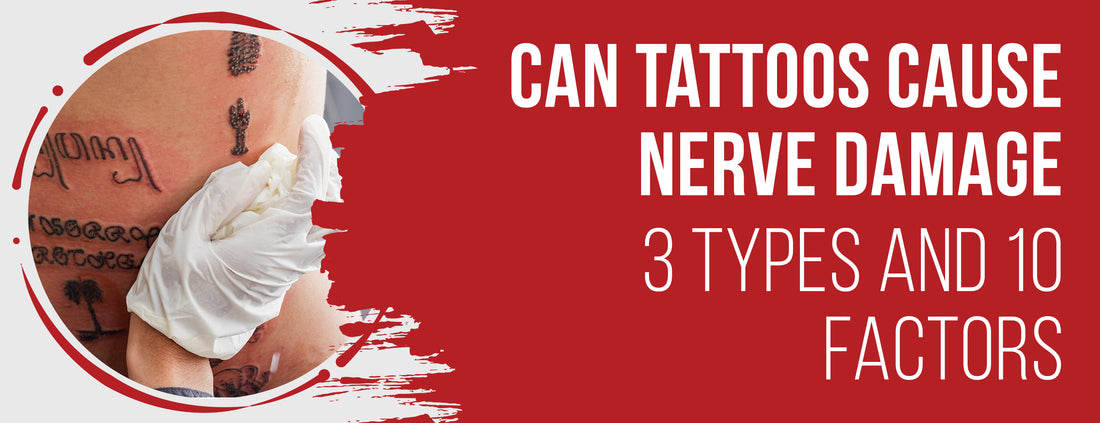



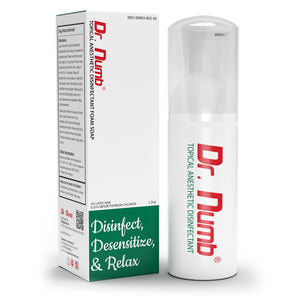

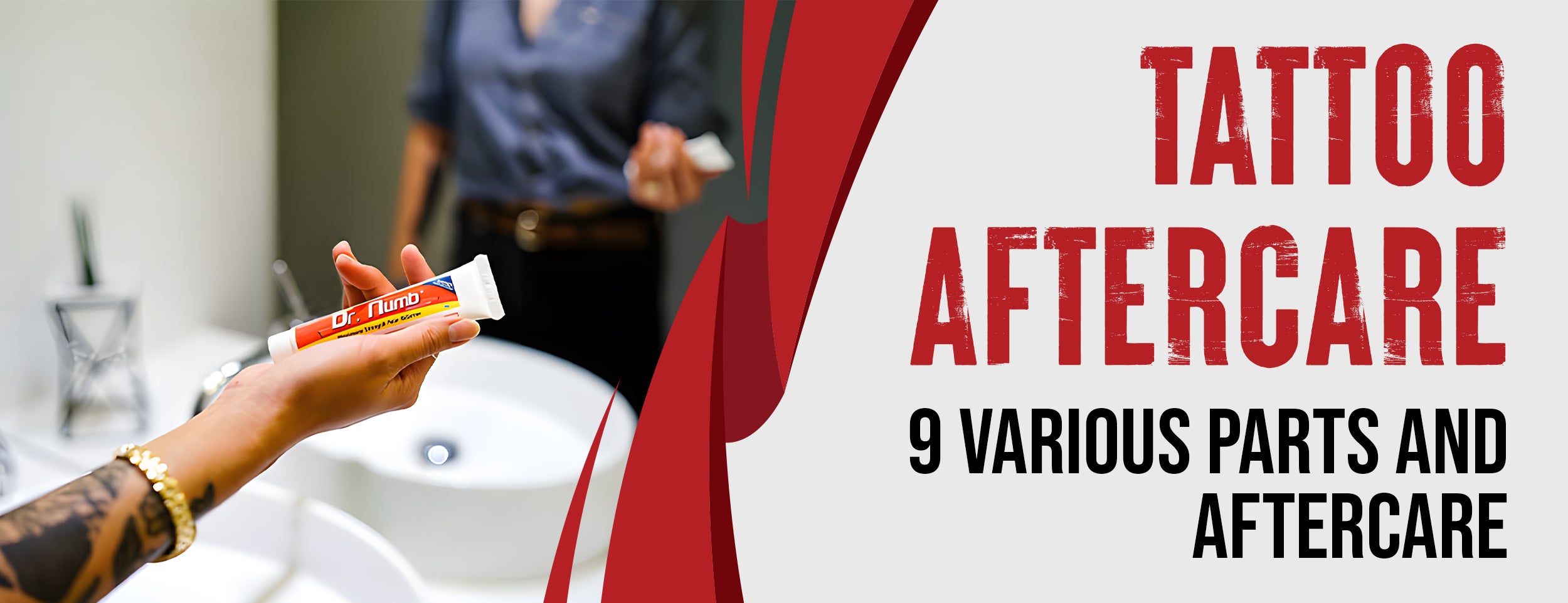
![Antibiotics and Tattoos: 3 Risks and 3 Effects [with 4 Precautions]](http://drnumb.com/cdn/shop/articles/Can_You_Get_Tattooed_On_Antibiotics__3_Risks_and_3_Effects_4_Precautions.jpg?v=1714128292)
![Tattoos on Blood Thinners: 4 Risks 4 Precautions [with 4 Alternatives]](http://drnumb.com/cdn/shop/articles/Can_You_Get_Tattoos_On_Blood_Thinners__4_Risks_4_Precautions_4_Alternatives.jpg?v=1714125636)


